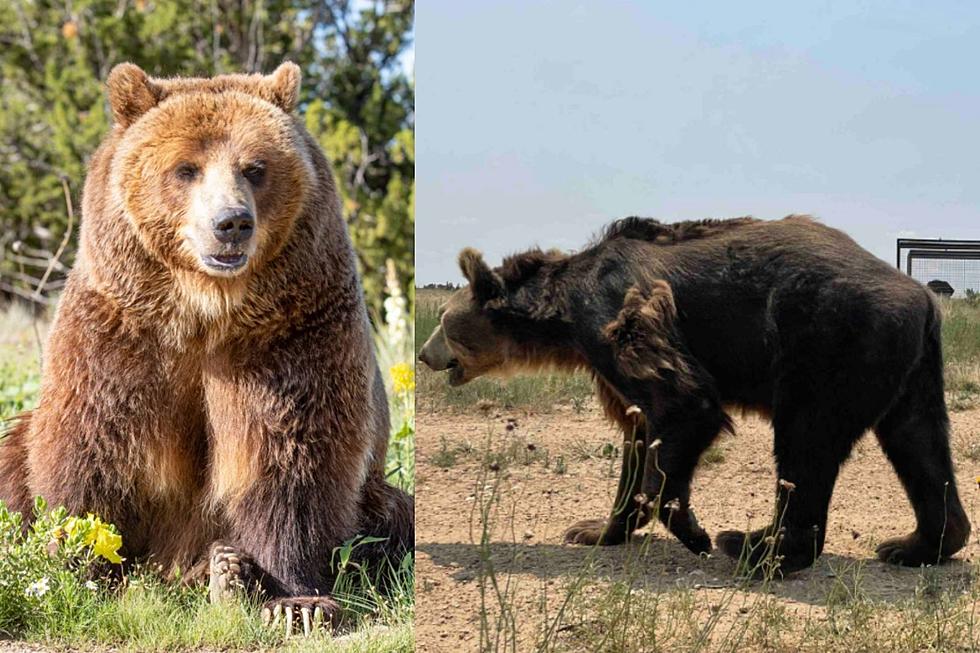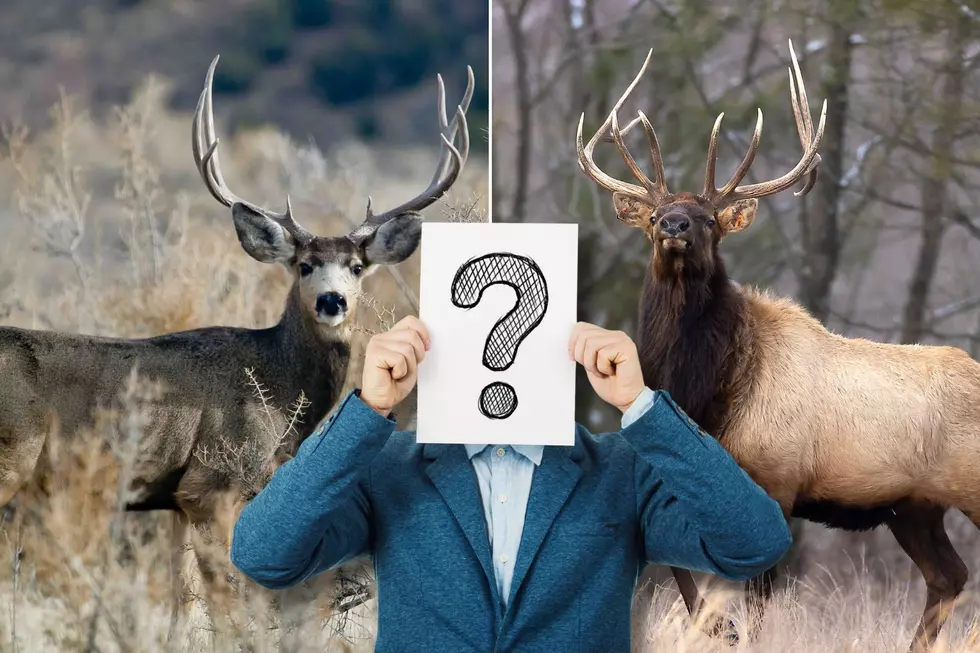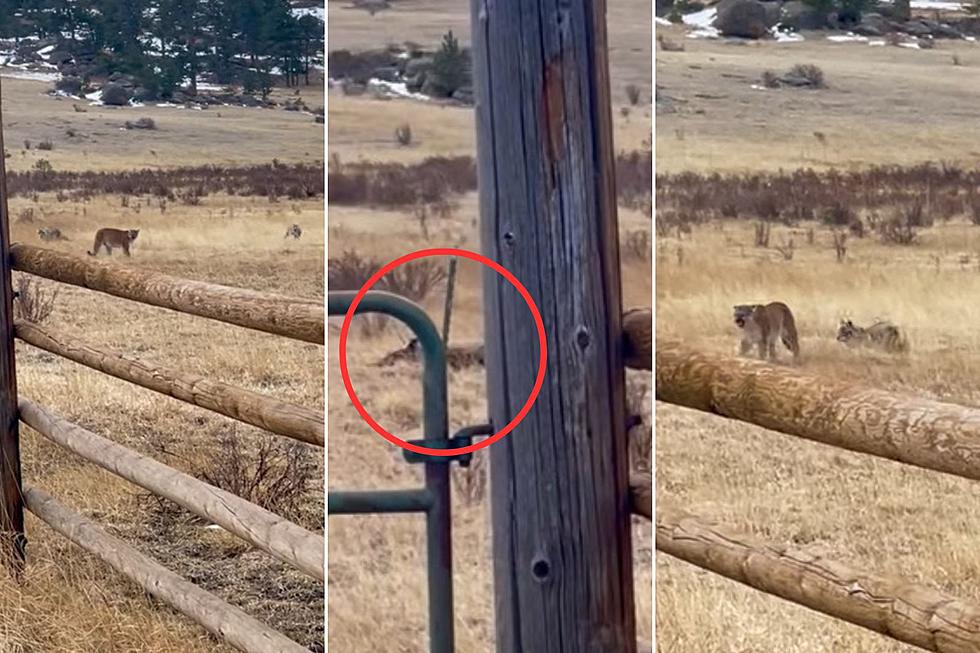
Colorado’s Wild Animal Sanctuary Rescues Two Bears from Lebanon
The Wild Animal Sanctuary in Colorado is currently home to more than 600 animals that have been rescued from various places around the world. Between two locations, the sanctuary offers thousands of acres for rescued animals to roam and rehabilitate, which is special, because many of them were saved from illegal or abusive situations.
The sanctuary's most recent mission involved rescuing two large Syrian brown bears from an unsafe situation in Beirut, Lebanon, and bringing them back to their southern Colorado refuge to spend the rest of their lives in peace.
According to Deutsche Welle News, the endangered 18-year-old bears were previously being held in small cement cages in a zoo, where they had lived for more than a decade. An animal rights group that had visited the zoo in Lebanon documented that the bears didn't have water or the proper amount of food, and weren't being sheltered from the weather. They were suffering from extreme stress and malnutrition.
The process of getting the pair of bears, affectionately known as Ulysses and Homer, to Colorado was not an easy task and took more than two years to complete. The sanctuary noted that political unrest and economic hardships in Lebanon caused significant delays, as well issues that arose from the harbor explosion and outbreak of a global pandemic.
On July 19, the Wild Animal Sanctuary worked in cooperation with Animals Lebanon and Four Paws International to fly the bears to America. They were transported by plane in international crates, traveling first to the United Arab Emirates, then Chicago, on to Denver International Airport, and eventually arriving at The Wild Animal Refuge early Tuesday morning.
Once at their new home, the bears were transferred into introduction enclosures, which is part of a larger, 103-acre Grizzly Bear Habitat. Sanctuary staff says they will spend the next couple of weeks getting used to the sights, sounds, and other bears that live around them before being released from the enclosures to wander freely.
Upon arrival, staff was excited to see the bears chowing down on food, and said that some of their curious habitat mates stopped by to say hello.


